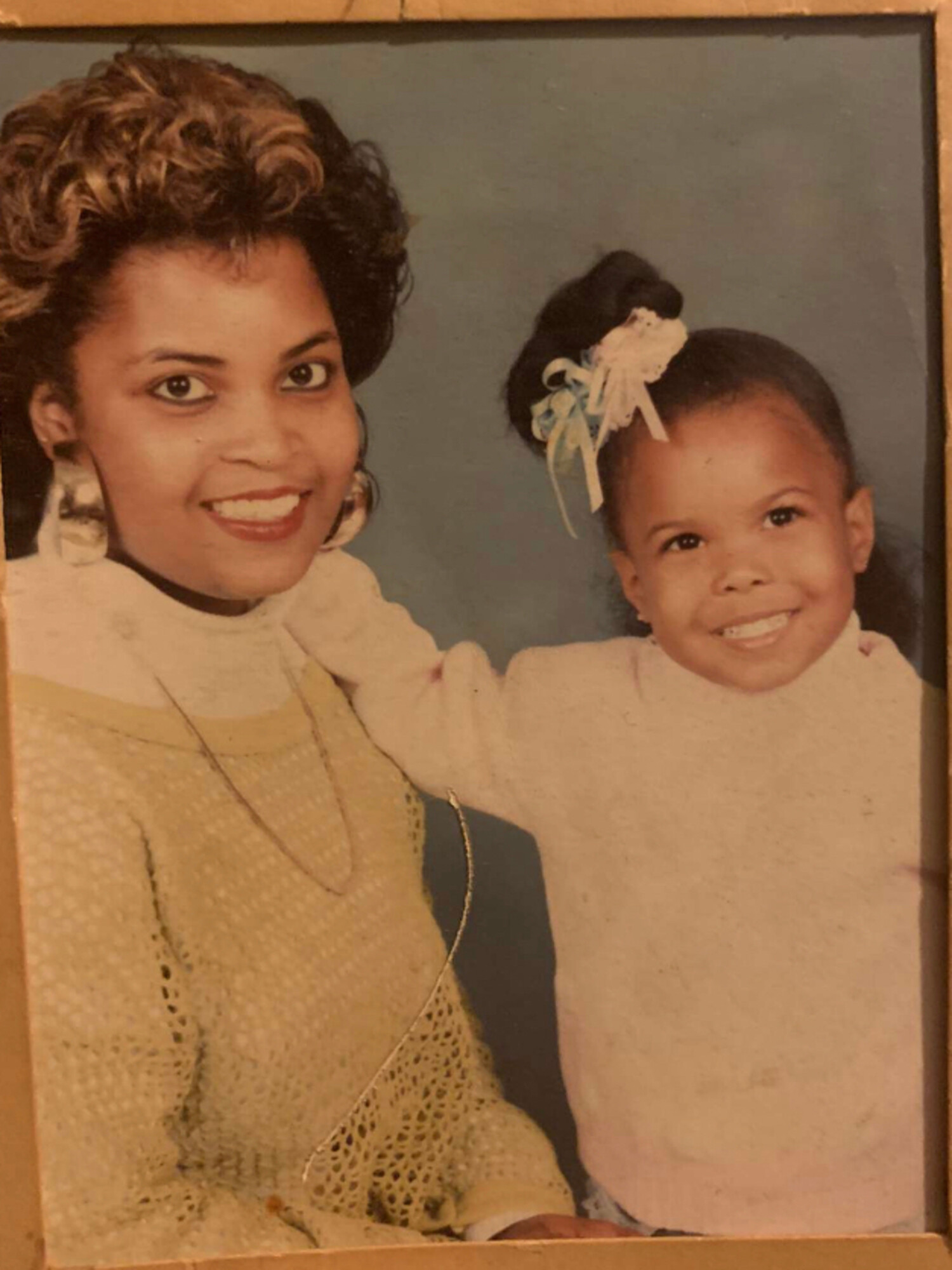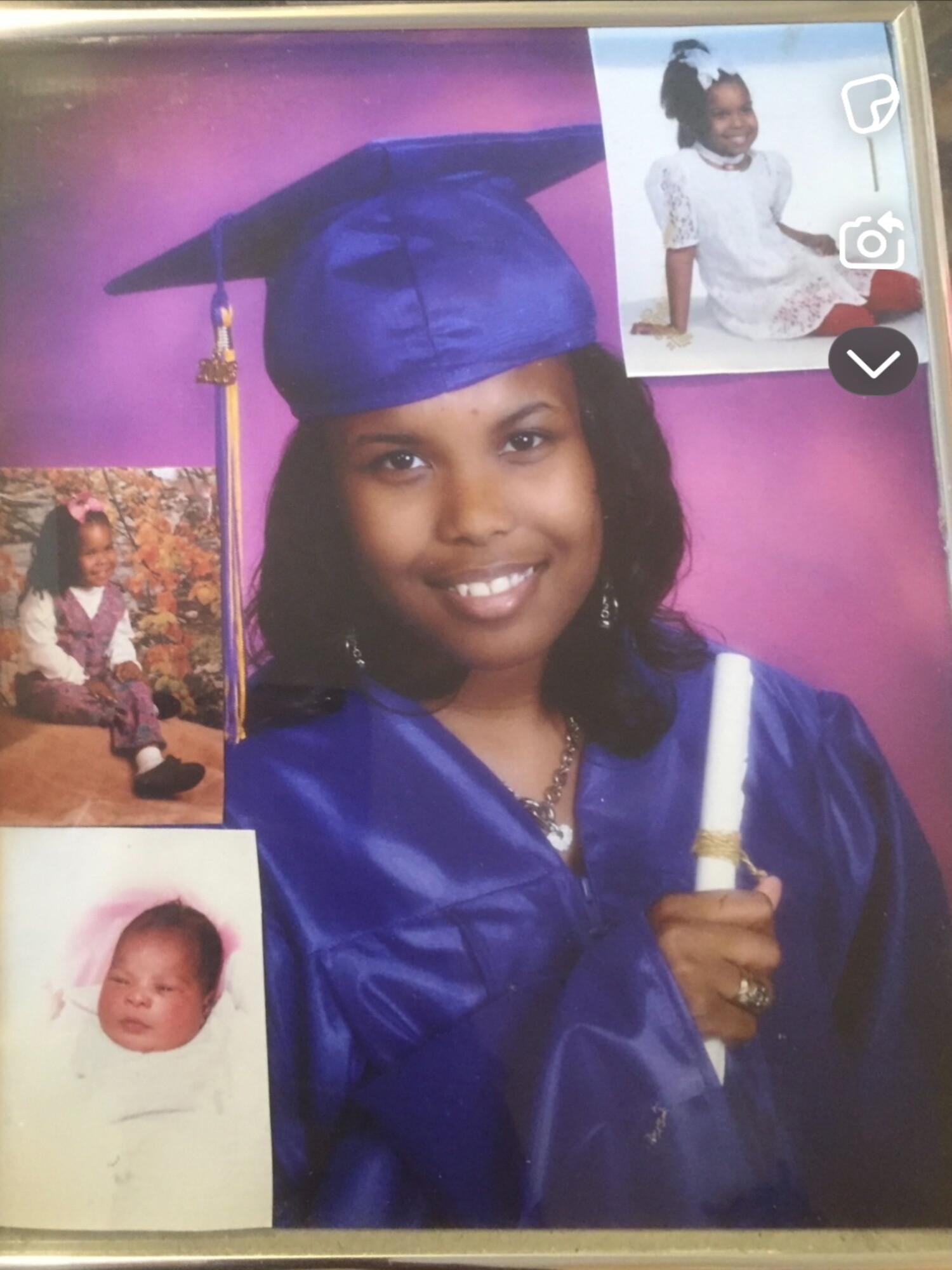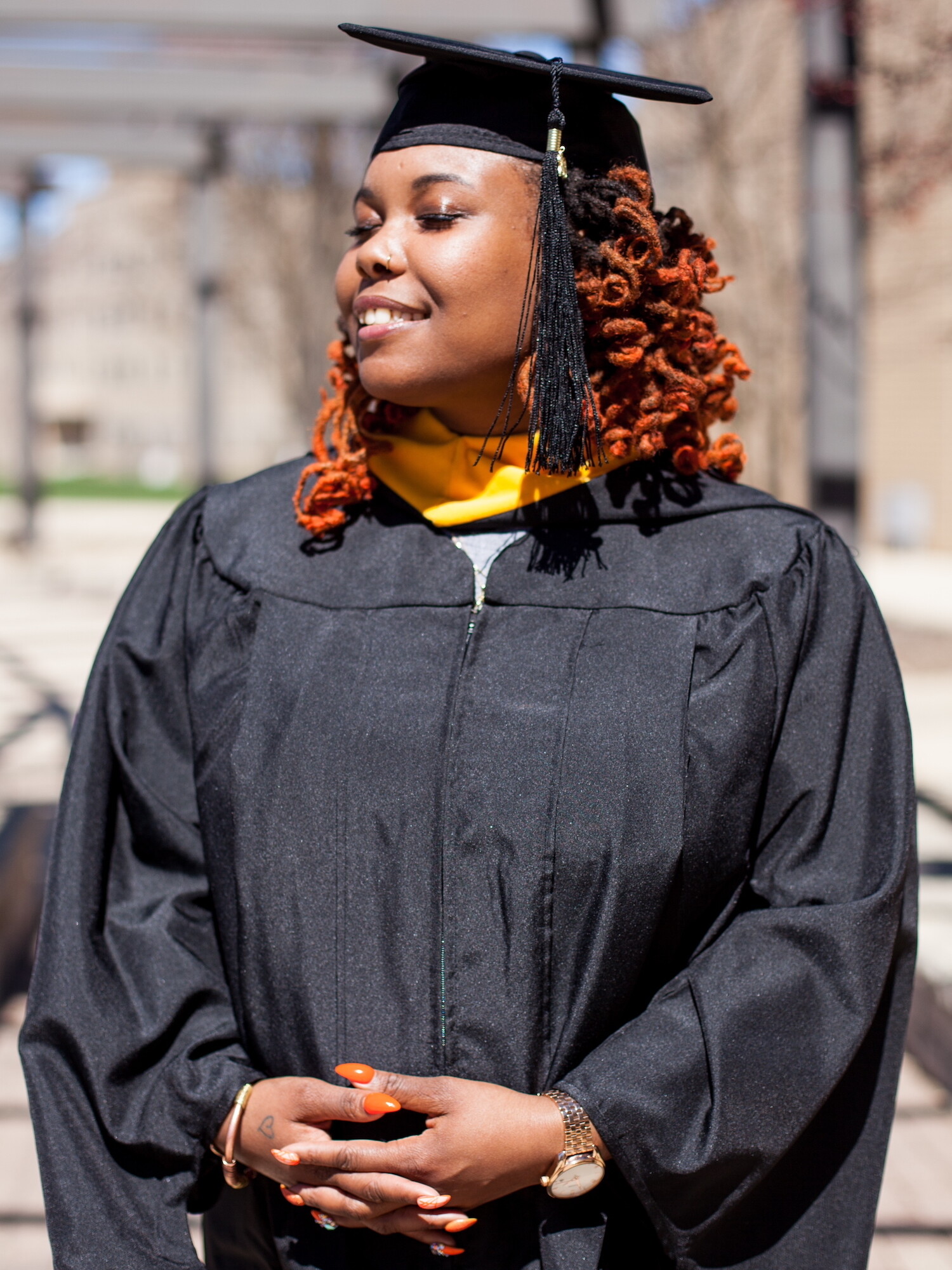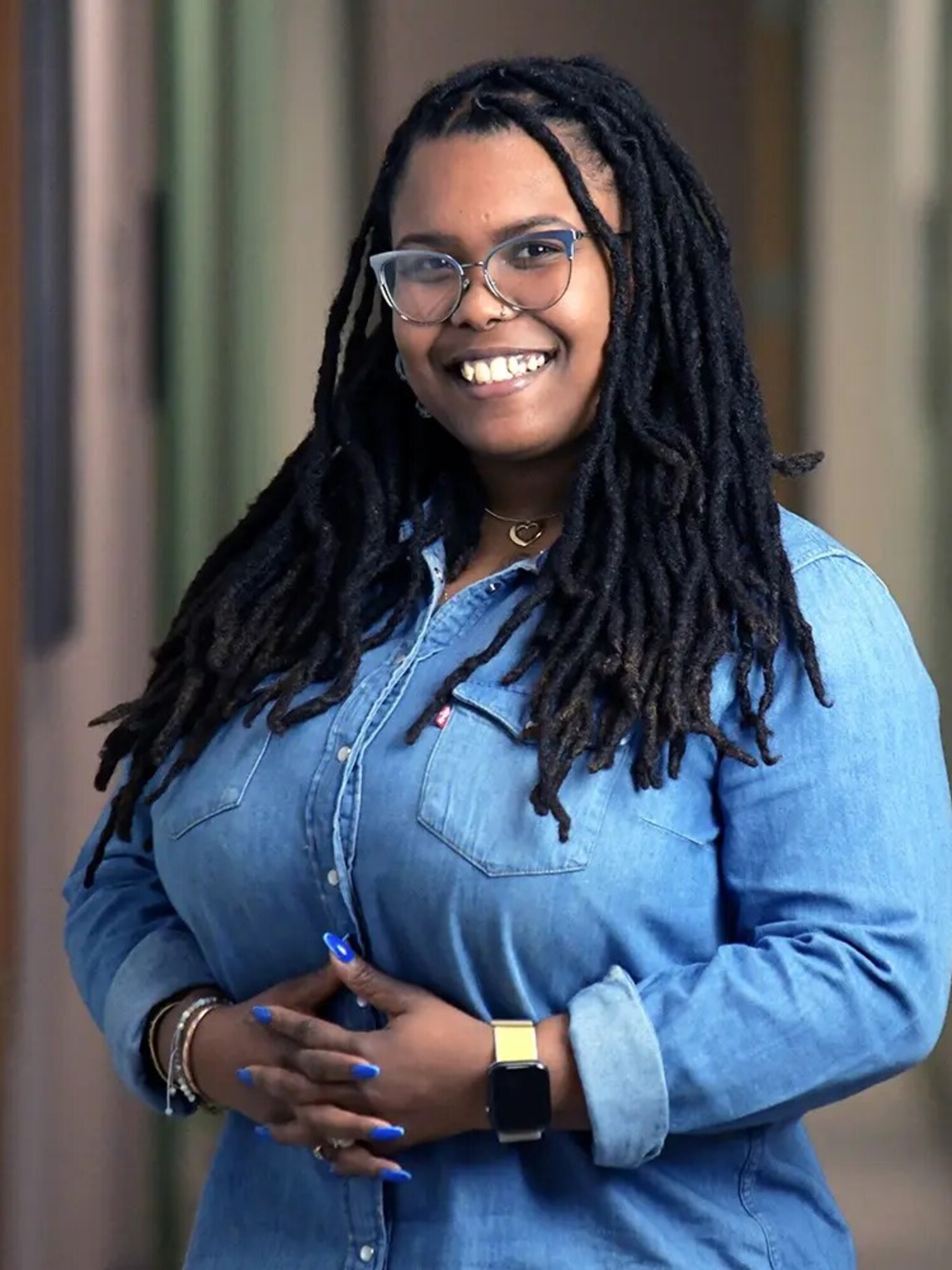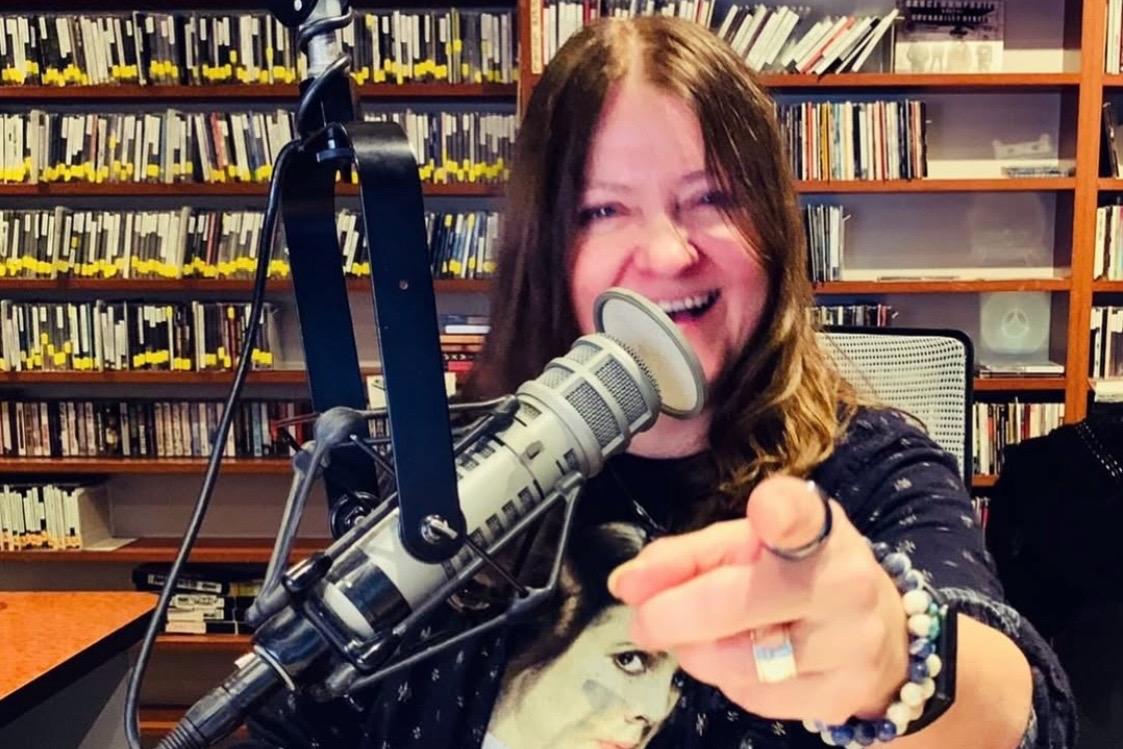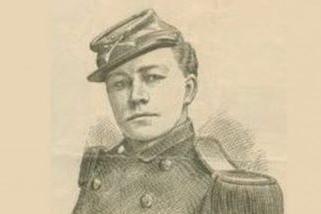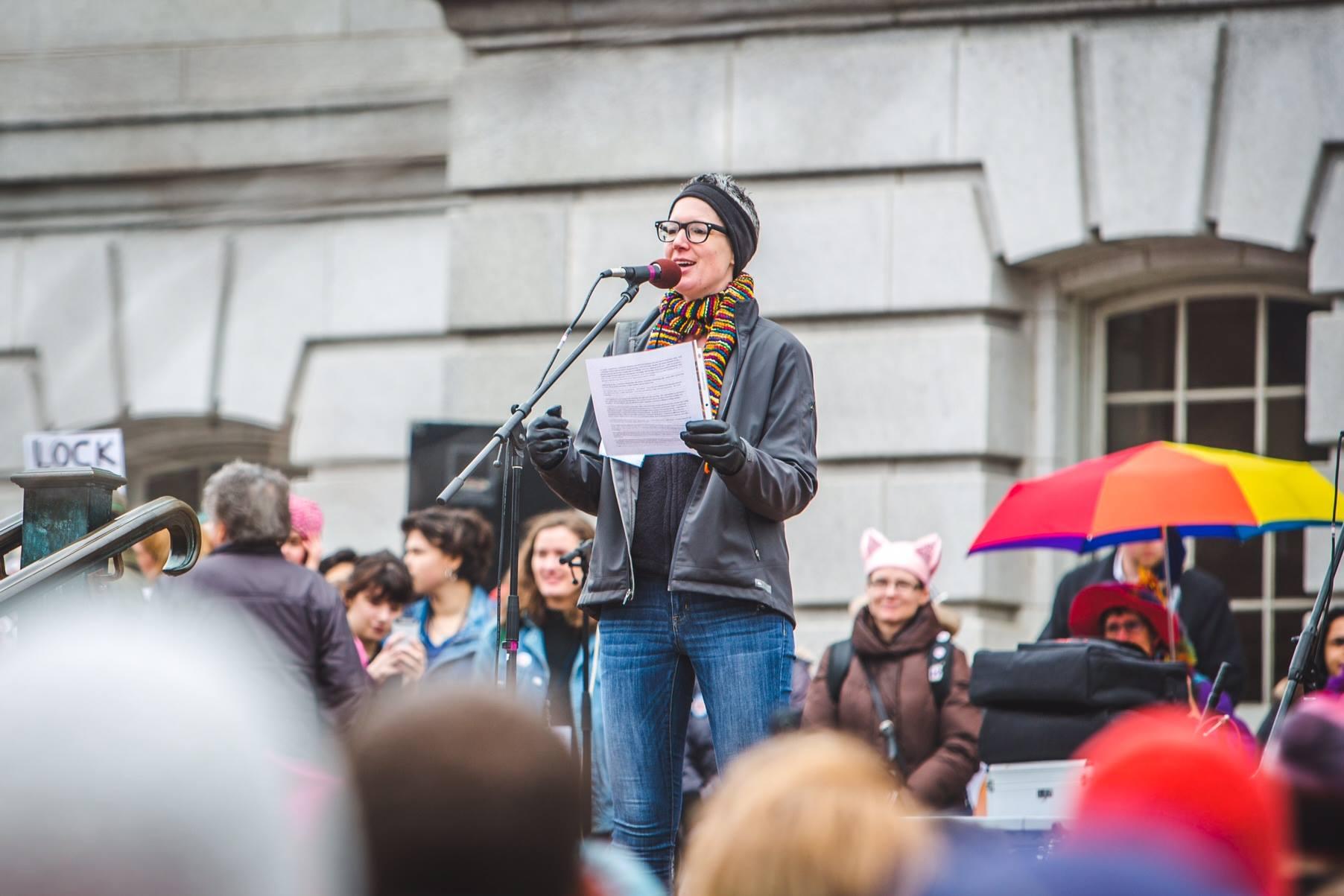Becoming her best self
DeShanda’s mother had many lesbian friends and co-workers, so DeShanda grew up knowing adults in the queer community.
“My mother has decades of experience in warehouse work, and she and her co-workers always gathered outside work,” said DeShanda.
“As a kid, I attended these events and got to know these women well.”
While attending Washington High School, DeShanda first met people her own age that identified as lesbians. This was especially important to her.
“Teachers like Tina Owen-Moore made it safe for us to be ourselves,” said DeShanda, “and we were able to part of a Gay-Straight Alliance at school. There weren’t many lesbian relationships I could learn from directly, but it was good to feel safe identifying as a lesbian in school and outside the home, where it still wasn’t accepted.”
DeShanda wasn’t allowed to date at all in high school, but that didn’t exactly stop her.
“I had my first same-sex relationship when I was 15, and I didn’t really think twice about it,” she said. “It was a little sneaky on my end. When the relationship ended, she left a voicemail on our house landline telling my mother I was ‘gay.’ Black folks like to use the word ‘gay’ to describe the spectrum of queerness.”
“That is how I was outed,” she remembered. “Of course, I got in big trouble, mostly for the lesbian part, and wound up kicked out of my house.”
DeShanda didn’t let this experience discourage her. She found her first big relationship – while still in high school – and it continued for a few years.
“I wouldn’t describe it as a healthy one,” she reflected. “Neither of us had good examples of what healthy relationships looked like – same-sex or not. However, she was a very thoughtful and loving person and is still a good friend of mine to this day. Everyone knew us as a duo. We were even listed as ‘best girlfriends’ in our high school yearbook.”
DeShanda is thankful for Project Q, the long-running Milwaukee LGBT Community Center program supporting queer youth, which she attended as a high school student.
“That was a space where I could be fully myself. A place where I felt safe,” she said.
Exploring a wide open world
DeShanda attended the University of Wisconsin-Madison, where she joined the Queer People of Color student organization. But finding people like herself wasn’t always easy.
“We used a social media site to connect with each other, because it was very easy to feel alone at such a big university,” said DeShanda.
“I met a group of older students, and soon, we became a community. We would gather to talk about the issues we faced, figure out ways to keep each other safe, and support each other in enjoying college together."
"Rest in Power, Treese!”
DeShanda earned her bachelor’s degree in social work from the University of Wisconsin and a master’s degree in community psychology from Alverno College.
In 2011, DeShanda joined the Pathfinders Drop-In Center as the agency’s first undergraduate intern. Now, she is the Chief Program Officer at Pathfinders as well as the president of the Milwaukee LGBT Community Center.
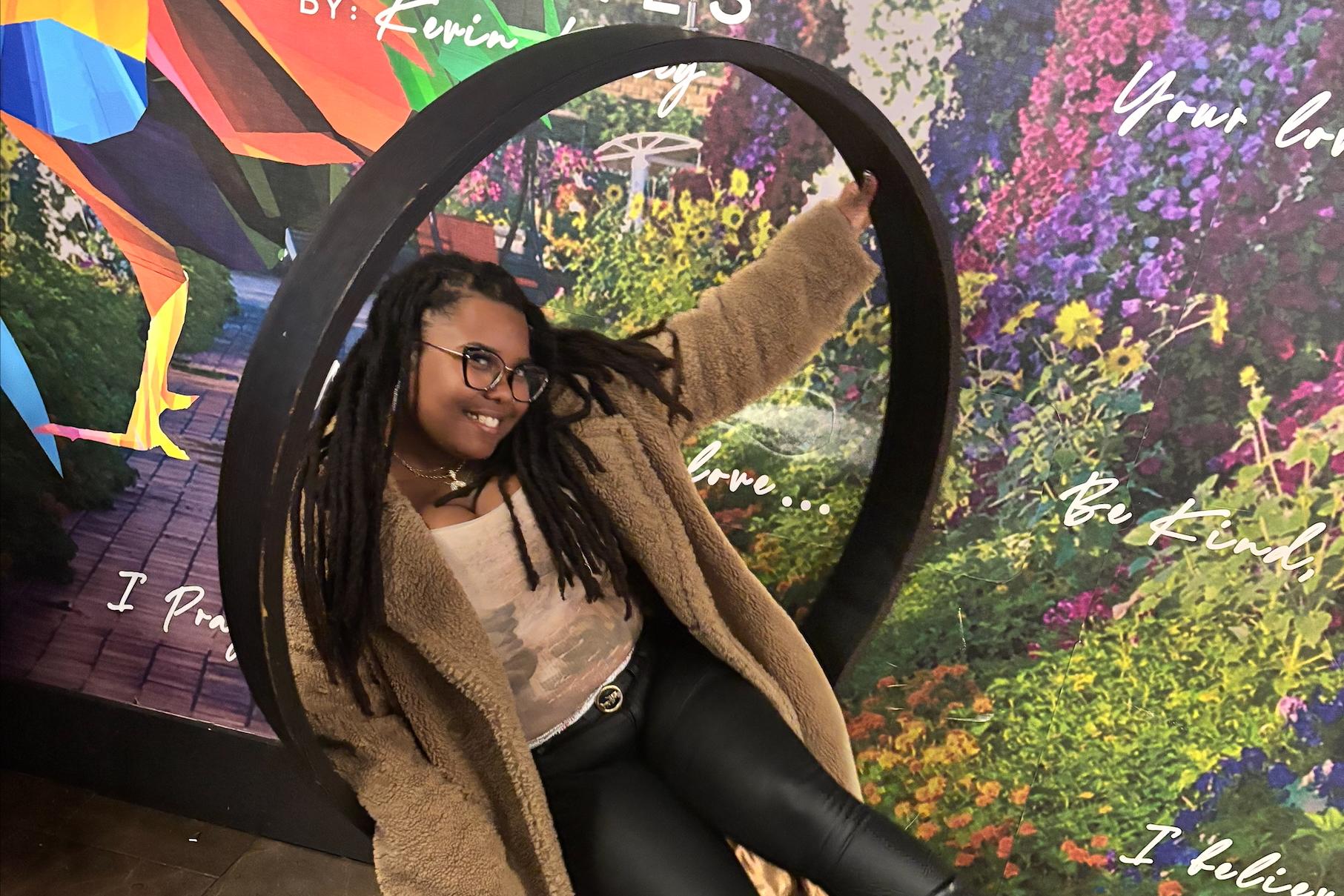

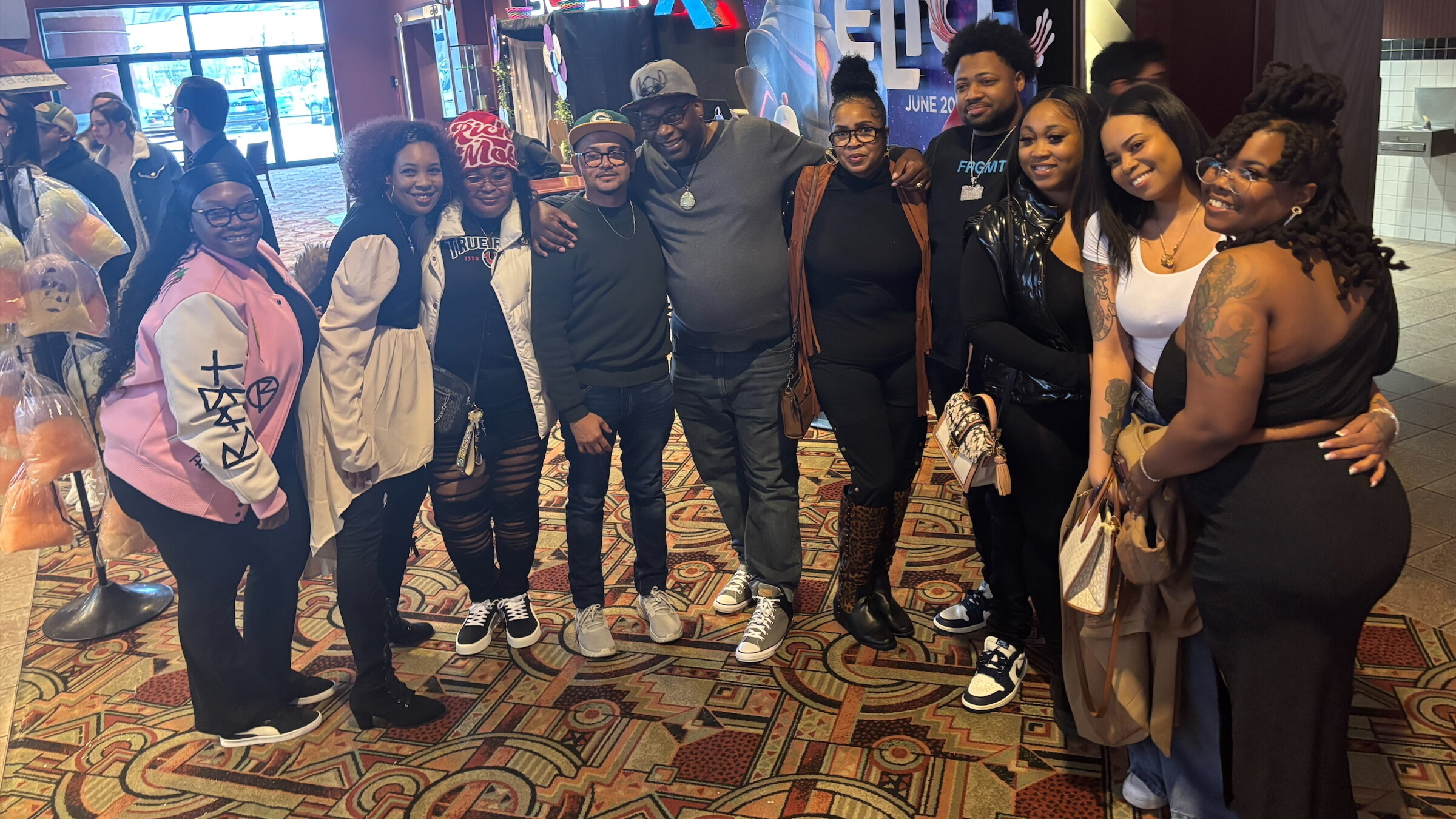 DeShanda and her family
DeShanda and her family
